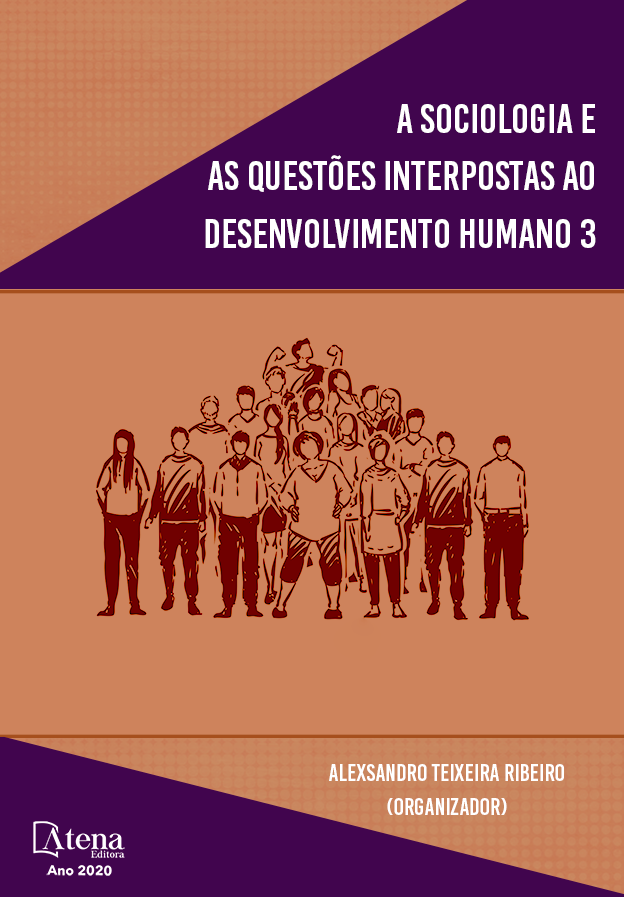
GEORG SIMMEL E A EDUCAÇÃO COMO TRAGÉDIA
A modernidade se tornou tema em diversos autores. Na obra do filósofo e sociólogo alemão Georg Simmel (1858-1918), foi como um pano de fundo de suas análises, principalmente, no que tange à mercantilização das relações humanas. Em sua obra principal “A Filosofia do Dinheiro”, Simmel esboça uma interpretação da modernidade como tragédia. Isto pelo fato de, nas mínimas relações, o homem ter atribuído um preço ou valor. Neste contexto, a análise se justifica por podermos pensar os efeitos da mercantilização sobre a educação e, logo, a educação como tragédia. Assim, o objetivo deste trabalho constitui-se na crítica simmeliana a uma modernidade que se fundou na produção e aquisição de riquezas e que, no entanto, abandonou a preocupação com o humano. O percurso metodológico foi realizado através da análise de algumas obras de Simmel que servem de referência para a temática proposta. E, como resultado de tal percurso, podemos concluir que o filósofo traz uma crítica incisiva a respeito do papel da educação na modernidade. De tal modo, quando problematizamos que educar envolve muito mais que elementos comercializáveis (conteúdos, técnicas e habilitações), encontramos em sua sociologia uma busca por uma condição de existência que contemple outras dimensões do existir humano. A educação deve pautar-se no desenvolvimento de tais instâncias do existir. Disto, podemos extrair uma orientação de valoração qualitativa no que concerne à educação, além disso, problematizamos a escola, as relações pedagógicas, o currículo entre tantas outras instâncias educativas que sofrem com os efeitos apontados em sua obra “Filosofia do Dinheiro”.
GEORG SIMMEL E A EDUCAÇÃO COMO TRAGÉDIA
-
DOI: 10.22533/at.ed.3892028101
-
Palavras-chave: Georg Simmel; Educação; Modernidade.
-
Keywords: Georg Simmel; Education; Modernity.
-
Abstract:
Modernity has become a theme in several authors. In the work of the German philosopher and sociologist Georg Simmel (1858-1918), it was as a background for his analyzes, especially with regard to the commodification of human relations. In his main work “The Philosophy of Money”, Simmel outlines an interpretation of modernity as a tragedy. This is due to the fact that, in the minimum relations, man has assigned a price or value. In this context, the analysis is justified because we can think of the effects of commodification on education and, therefore, education as a tragedy. Thus, the objective of this work is the Simmelian critique of a modernity that was founded on the production and acquisition of wealth and that, however, abandoned the concern with the human. The methodological path was carried out through the analysis of some works by Simmel that serve as a reference for the proposed theme. And, as a result of such a journey, we can conclude that the philosopher brings an incisive criticism regarding the role of education in modernity. In such a way, when we problematize that education involves much more than marketable elements (contents, techniques and qualifications), we find in its sociology a search for a condition of existence that contemplates other dimensions of human existence. Education must be guided by the development of such instances of existence. From this, we can extract an orientation of qualitative valuation with regard to education, in addition, we problematize the school, the pedagogical relations, the curriculum among so many other educational instances that suffer from the effects pointed out in his work "Philosophy of Money".
-
Número de páginas: 12
- Rafael Ferreira Pureza de Oliveira
- Marcos Felipe Medeiros de Souza
- Elson dos Santos Gomes Junior


